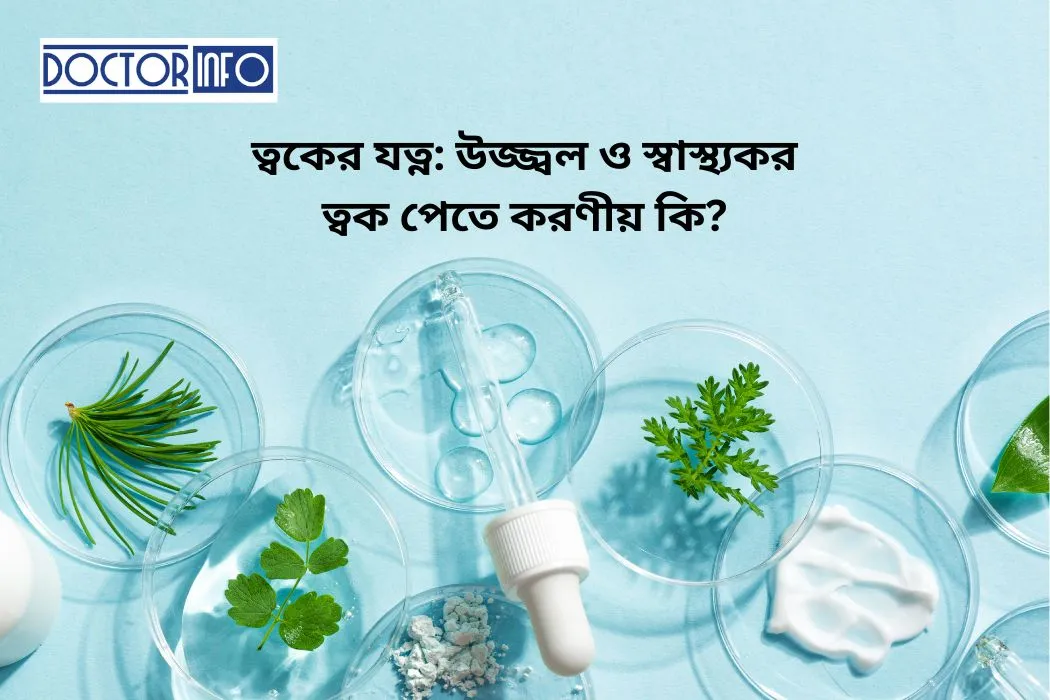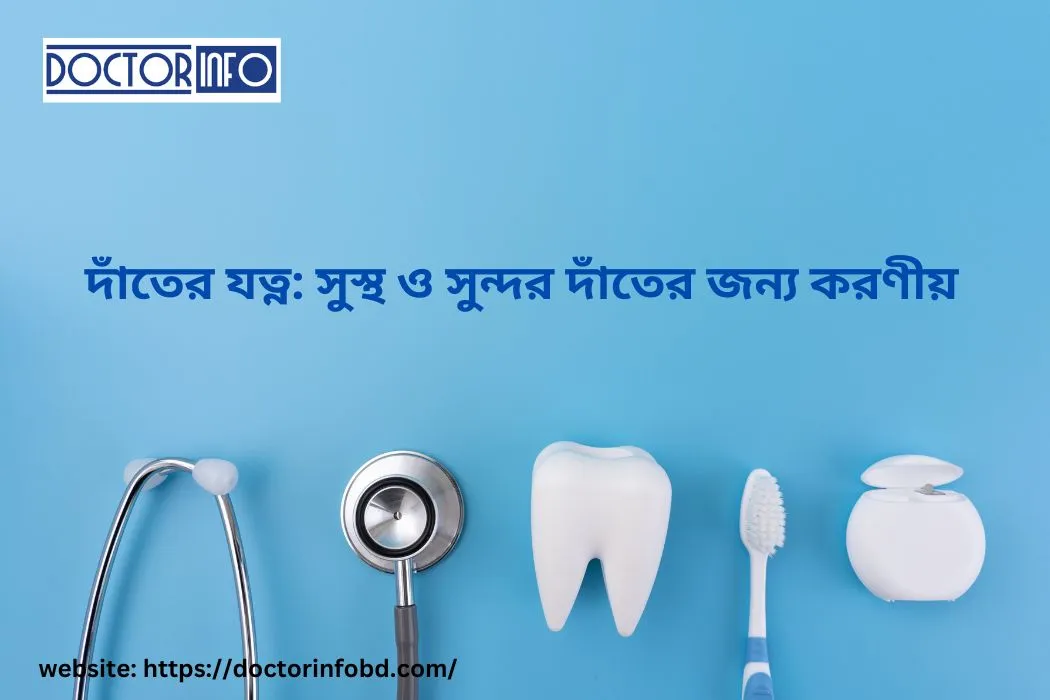Top Kidney Surgeons in Bangladesh:Find the Best Doctors
- 11 Jun 2024
- Best Doctor List
Kidney surgeons, also known as urologic surgeons or transplant surgeons, are specialized medical professionals dedicated to diagnosing and treating disorders of the kidneys. Their expertise spans a range of conditions, from kidney stones and congenital anomalies to kidney cancer and end-stage renal disease requiring transplantation. In this article, we'll explore the critical role of kidney surgeons, their specialized training, the conditions they treat, and the latest advancements in kidney surgery that are improving patient outcomes.
The Role of Kidney Surgeons:
Kidney surgeons play a vital role in managing both benign and malignant conditions of the kidneys. Their responsibilities include diagnosing kidney diseases, performing surgical interventions, and collaborating with other healthcare providers to ensure comprehensive care. The primary conditions they treat include:
Kidney Stones: Kidney stones are hard mineral deposits that can cause severe pain and urinary complications. Kidney surgeons use various techniques to remove or break down stones, including minimally invasive procedures like ureteroscopy and percutaneous nephrolithotomy.
Kidney Cancer: Renal cell carcinoma is the most common type of kidney cancer. Kidney surgeons perform procedures such as partial nephrectomy (removal of the tumor while preserving kidney function) and radical nephrectomy (complete removal of the kidney) to treat cancer effectively.
Congenital Kidney Disorders: Congenital anomalies of the kidneys and urinary tract (CAKUT) are birth defects affecting the structure and function of the kidneys. Kidney surgeons address these anomalies through corrective surgeries to restore normal kidney function and prevent long-term complications.
Kidney Transplantation: For patients with end-stage renal disease, kidney transplantation is often the best treatment option. Kidney transplant surgeons perform the complex procedure of transplanting a healthy kidney from a donor to a recipient, significantly improving the recipient's quality of life and survival rates.
Training and Expertise:
Becoming a kidney surgeon requires extensive education and training. After completing medical school, aspiring kidney surgeons undergo a urology residency program, typically lasting five to six years. This program includes rigorous training in both general surgery and urology, providing comprehensive knowledge and skills in diagnosing and treating urologic conditions.
Many kidney surgeons pursue additional fellowship training in subspecialties such as endourology, oncology, or transplant surgery. Fellowships offer advanced, hands-on experience in complex surgical techniques and patient management under the mentorship of experienced surgeons.
Continual professional development is crucial for kidney surgeons to stay updated on the latest advancements in their field. They engage in ongoing education, attend conferences, and participate in research to ensure they provide the most effective and innovative treatments for their patients.
Advancements in Kidney Surgery:
The field of kidney surgery has seen significant advancements, enhancing the precision, safety, and outcomes of surgical interventions. Notable advancements include:
Minimally Invasive Surgery: Techniques such as laparoscopic and robotic-assisted surgery have revolutionized kidney surgery. These methods involve smaller incisions, reducing postoperative pain, minimizing scarring, and shortening recovery times compared to traditional open surgery.
Enhanced Imaging Techniques: Advanced imaging technologies like computed tomography (CT), magnetic resonance imaging (MRI), and ultrasound have improved the accuracy of diagnosing kidney conditions. Intraoperative imaging allows surgeons to navigate complex anatomy with greater precision during surgery.
Immunosuppressive Therapies: For kidney transplant recipients, advancements in immunosuppressive medications have significantly reduced the risk of organ rejection, leading to better long-term outcomes and increased survival rates.
Personalized Medicine: The integration of genetic and molecular profiling in kidney cancer treatment allows for personalized therapeutic approaches. Targeted
therapies and immunotherapies tailored to an individual's genetic makeup have shown promising results in treating kidney cancer.
01 Associate professor Lt. Colonel Dr. Muhammad Alam
MBBS, FCPS (Surgery), FCPS (Urology), MCPS (Surgery), FRCS(Glasg), MRCS (Glasg), FMAS (India), DMAS (India), FACS(USA), FICS(USA) Urologist, General, and Laparoscopic Surgeon. Surgery Specialist, Urology Department Associate professor CMH Dhaka.
General Surgeon
Kidney Specialist and Surgeon
Laparoscopic Specialist Surgeon
Urologist Colorectal Surgeon
Call For Appointment
01902991500
Address: Plot No- 10, Road- 4/5, Block- B, Section- 12, Mirpur, Dhaka- 1216, Bangladesh.
Schedule:
- Saturday: 7:00 PM - 9:00 PM
- Sunday: 7:00 PM - 7:00 PM
- Monday: 7:00 PM - 9:00 PM
- Tuesday: 7:00 PM - 7:00 PM
- Wednesday: 7:00 PM - 7:00 PM
- Thursday: 7:00 PM - 7:00 PM
Treated conditions include
Excision of Face Tumours Elephantiasis Surgery Breast Augmentation Reduction or Reconstruction (Mammaplasty) Breast Reconstruction Male Breast (Gynecomastia) Reduction Surgery Nose Job (Rhinoplasty) Eyelid Surgery (Blepharoplasty) Ear Surgery (Otoplasty) Burns Treatment & Rehabilitation.
02 Assistant Professor Dr. Syed Mahbub Morshed
MBBS, BCS (Health) FCPS (MEDICINE), MD (Nephrology).
Shaheed Suhrawardy Medical College & Hospital, Dhaka.
Kidney Specialist and Surgeon
Medicine Specialist
Call For Appointment
01902991500
Address: H- 02, R- 6, B- A, Mirpur 10 at East Side of Mirpur Indoor Stadium, Mirpur, Dhaka, Dhaka.
Schedule:
- Saturday: 9:00 PM - 10:00 PM
- Sunday: 9:00 PM - 10:00 PM
- Monday: 9:00 PM - 10:00 PM
- Tuesday: 9:00 PM - 10:00 PM
- Wednesday: 9:00 PM - 10:00 PM
- Thursday: 9:00 PM - 10:00 PM
The clinic offers specialized treatment for a variety of kidney-related conditions. These include kidney infections, kidney vascular conditions, and kidney neoplasms. They also address vasculitis, autoimmune conditions, and some metabolic disorders. Additionally, the clinic provides care for chronic kidney disease, glomerular conditions, tubulointerstitial kidney diseases, and tubular defects, ensuring comprehensive management of renal health issues.
Conclusion:
Kidney surgeons play an indispensable role in diagnosing and treating a wide range of kidney-related conditions, from benign disorders to complex cancers and transplantation. Their specialized training and expertise, coupled with advancements in surgical techniques and technologies, have greatly improved patient outcomes and quality of life. If you or a loved one is facing a kidney condition, consulting with a kidney surgeon can provide access to expert care and innovative treatment options, guiding you towards better health and well-being.






